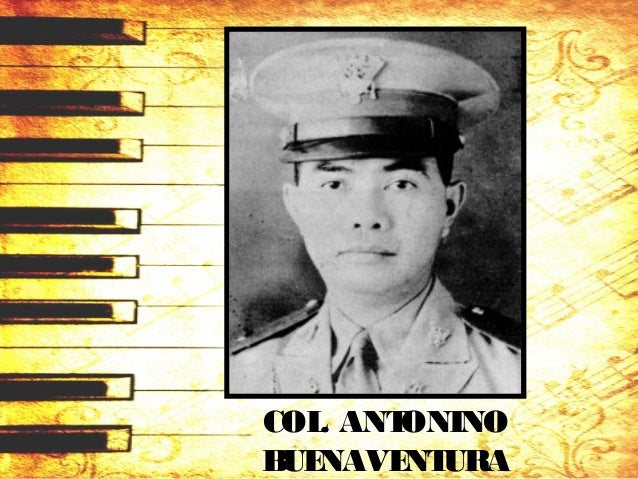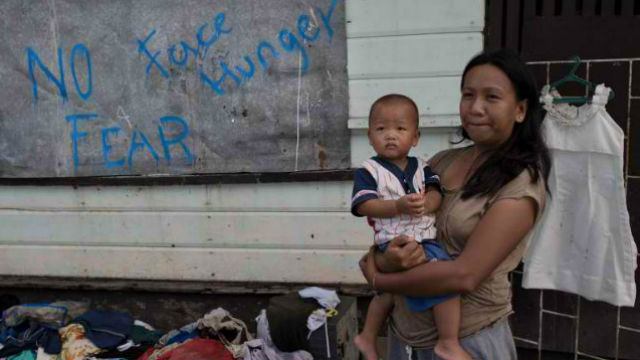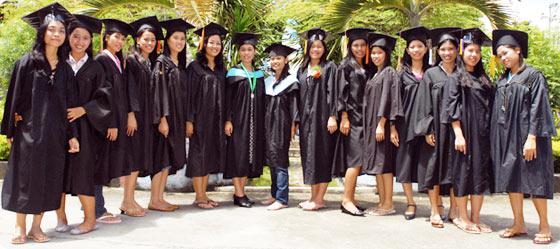A Review of Citizen Participation
Issues, Responses, and Prospects for
Reform in Local Development Councils
The article conducts a review of citizen participation in local governance within the context of the local development councils (LDCs). It argues that the Local Government Code has prescribed citizen participation with a limited set of standards, namely, the 25% civil society membership in the LDC and the administrative indicators of activities that the LDC must perform. The Code and subsequent LGU performance measures it influenced have insufficiently addressed the roles to play and capacities needed by civil society to realize higher levels of citizen participation in the LDCs. Moving forward, the study takes stock of citizen participation initiatives that make explicit the roles and capacities of civil society organizations in local decision making and draws lessons to suggest prospects for deepening and increasing citizen participation in LDCs. The article ends with a note that citizen participation should be in the core agenda of proposed amendments in the Code.
Title of the text:
A Review of Citizen Participation Issues, Responses, and Prospects for Reform in Local Development Councils
Author of the text:
CZARINA MEDINA-GUCE AND ANA MARTHA GALINDES
Title of the journal:
Philippine Journal of Public Administration
URL or Web Address:
http://journals.upd.edu.ph/index.php/pjpa/article/view/6646
Main Idea:
The main idea of the text shows review of citizens participation in local governance within the context of the local development councils (LDCs).
Evidence:
Executive Director, Institute for Leadership, Empowerment and Democracy (ILEAD); and Communication and Partnerships Associate, ILEAD, respectively. The authors would like to thank the following persons who have been instrumental in the data gathering and insight mining process for this research: Mr. Genixon David, Mr. Robert Sanders and the DILG Project Management Office team (Mr. Glenn Miranda, Mr. DP Santos, and Mr. Ivan Sumilang), headed by Mr. Richard Villacorte. We also deeply acknowledge DILG Undersecretary Austere Panadero for the years of guidance and inspiration towards achieving genuine local autonomy in the Philippines.
-This article is important because it shows on how people react, participate and response to a particular issues or problem in local governance. We people create government so we are the particular point on how our government works. We just need to participate to improve our local government because participating is just sharing or engaging a knowledge on how our government works.



